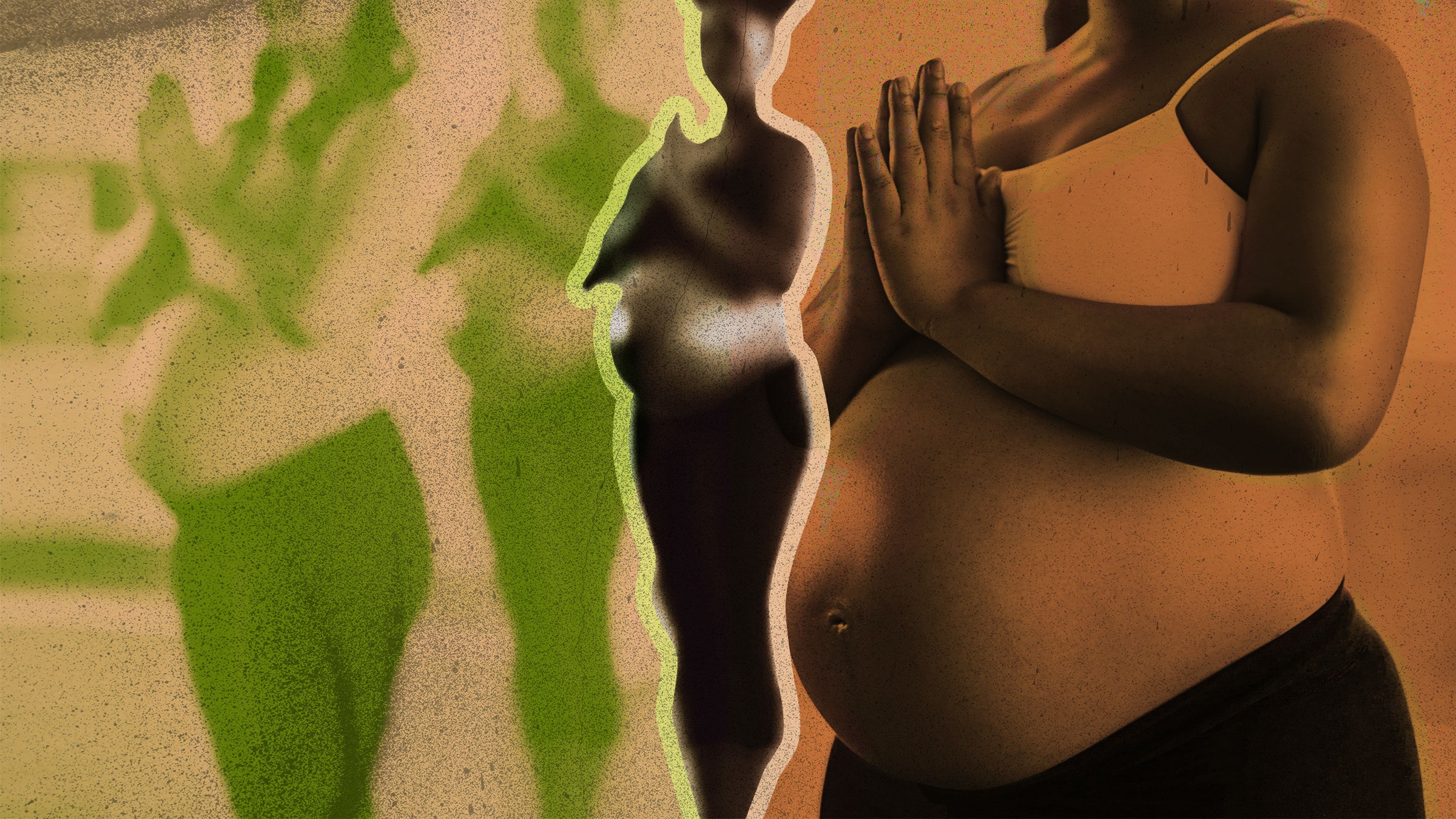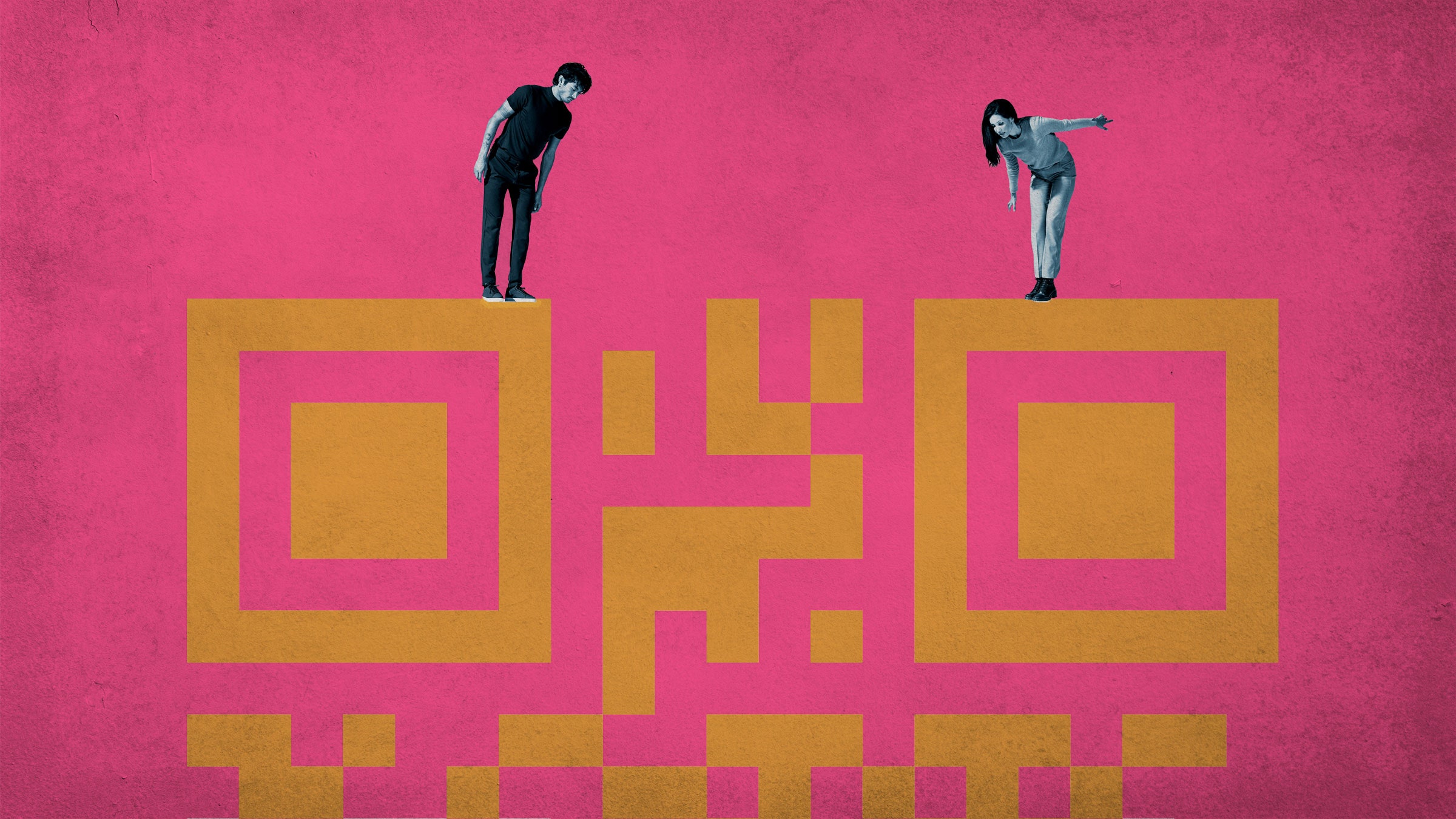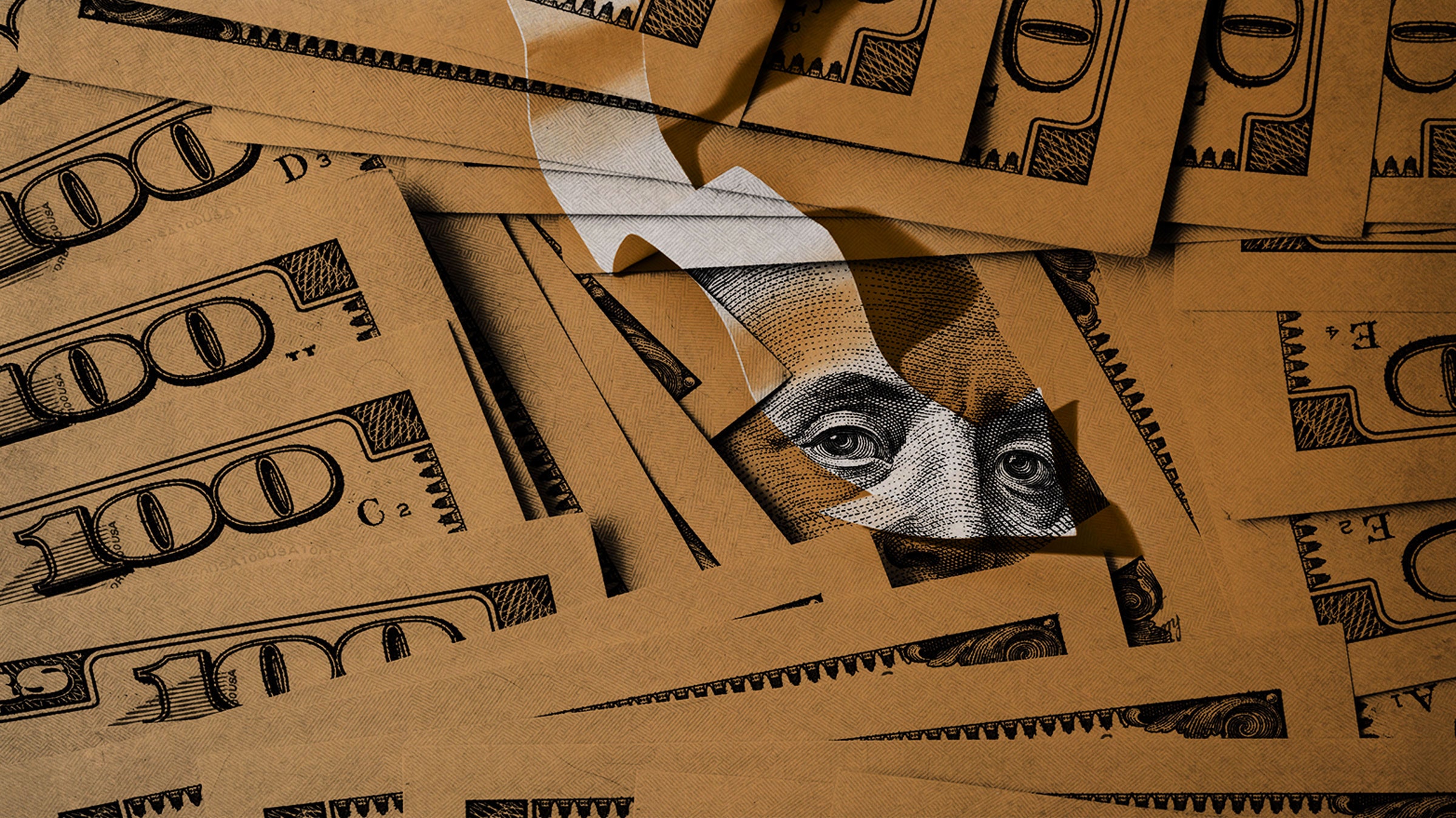Inequality Is a Health Risk—and It’s Getting Worse
The gap between the rich and the poor is not just a matter of economics – it’s also a matter of health. Research has shown that inequality is a major risk factor for poor health outcomes, including higher rates of chronic diseases, mental health issues, and even shorter life expectancy.
One of the ways in which inequality affects health is through access to healthcare. People with lower incomes are less likely to have health insurance or be able to afford medical care, leading to delayed diagnosis and treatment of illnesses.
Additionally, inequality can exacerbate the effects of other social determinants of health, such as housing instability, food insecurity, and exposure to environmental toxins. These factors can further contribute to poor health outcomes among marginalized communities.
As the wealth gap continues to widen, so too does the gap in health outcomes. This trend is particularly concerning given the current state of the global pandemic, which has disproportionately affected low-income and minority populations.
In order to address this growing issue, policymakers must take action to reduce inequality and promote health equity. This includes implementing policies that ensure access to affordable healthcare, addressing social determinants of health, and advocating for economic policies that uplift marginalized communities.
Ultimately, addressing inequality as a health risk is not only a matter of social justice, but also a matter of public health. By working to close the gap between the rich and the poor, we can create a healthier and more equitable society for all.



